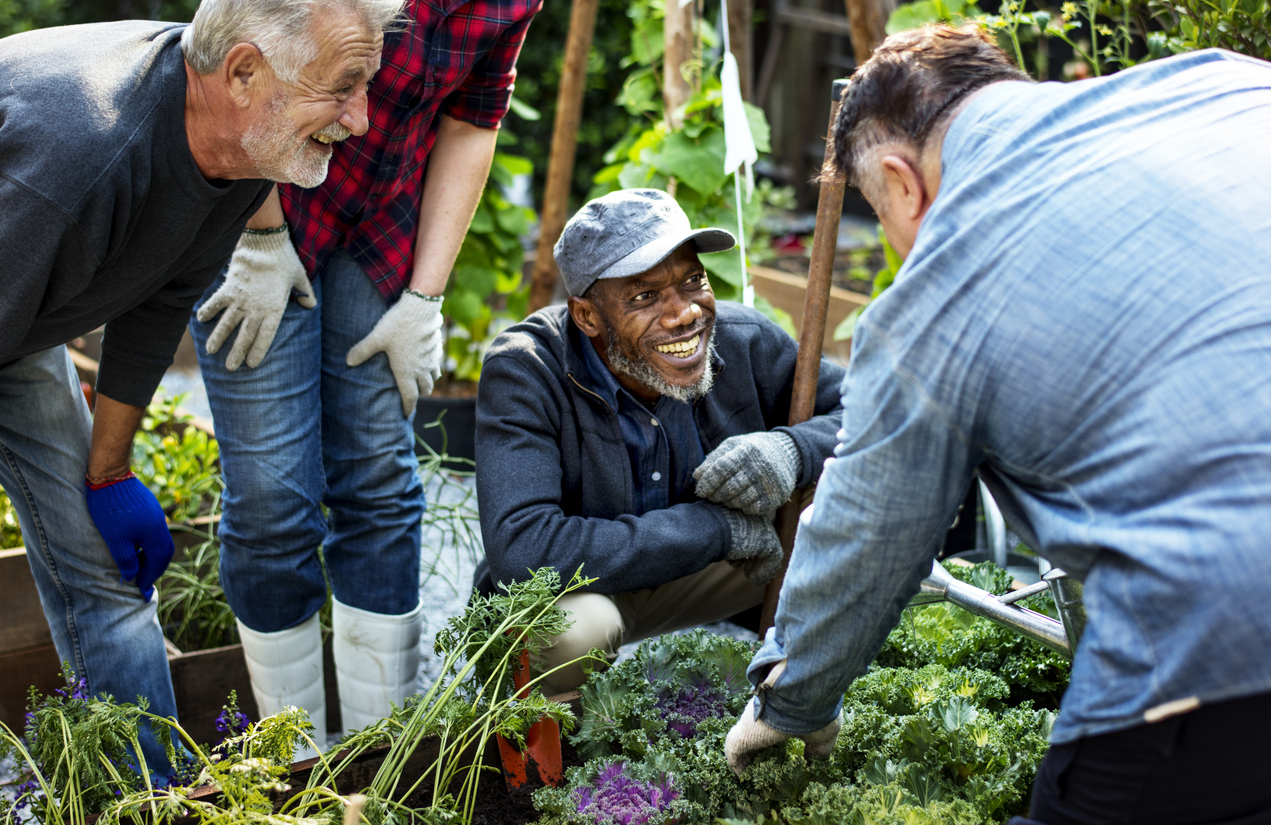It’s never too late to start taking better care of your health! Activities for senior citizens at assisted living facilities often target physical, mental, and emotional wellness. Of course, seniors can also customize their approaches to a healthy lifestyle. In this guide, learn more about the benefits of different activities for senior citizens!
9 Activities for Senior Citizens that Support Health and Wellness
- Water Workouts: Swimming, water aerobics and other water exercises are activities for senior citizens that benefit both physical and mental health. According to research shared through the National Library of Medicine, a regular water exercise routine contributed not only to increased leg strength and weight management but also to fall prevention.
- Volunteer Work: Many seniors opt to continue existing volunteer efforts into their retirement years and appreciate having more time to do so. For example, residents in the Arbors of Hop Brook community participate in organizations like the Manchester Historical Society, the Connecticut Poetry Society and Lions Clubs International. Others combine their hobbies with volunteering, like the Arbors’ community members who serve as Reading Mentors for local schools. If you are looking for volunteer opportunities, SilverSneakers shares a guide to 10 possibilities. This resource also highlights the benefits of participating in volunteer activities, such as improved mood and energy levels. Additional physical and mental health benefits may be enjoyed as well, depending on the specific type of volunteer work.
- Walking Clubs: Walking is a fun activity for senior citizens to do on their own or with friends. According to AARP, regular walking supports long-term mobility, helps reduce the risk of depression, aids in better sleep and may even strengthen the brain. Starting this club can be as easy as contacting some friends in the neighborhood about a weekly morning stroll. Residents at Arbors have access to private walking paths, which span the beautifully landscaped property. If you aren’t sure how to start or find a walking club, the American Heart Association provides some tips.
- Cooking Classes: Taking cooking classes is an activity for senior citizens that invites them to learn a new hobby or add variety to their menu planning. Tips from culinary experts can help seniors with easy meal preparation or the execution of special gourmet dining experiences. According to health and insurance company, Aetna, this educational, sensory and often communal experience encourages mindful food consumption, which helps with weight management. Learning new skills may also help prevent cognitive decline and loneliness while increasing confidence and social opportunities.
- Exercise Classes: The National Council on Aging emphasizes the importance of exercise for the following health reasons: protection against many chronic diseases, relief for pain associated with arthritis, preventing bone loss and improving immune health. Importantly, regular exercise provides an overall sense of well-being. In planning a weekly exercise plan, it’s important to think about how to include stretching, core work, balance exercises and strength training, as well as cardio. In addition to water-based exercises, seated chair workouts are a great option for people needing a lower impact or more supported way to exercise. To add a social component, invite a friend or family member to join you in doing some easy senior exercises, or check out classes offered as part of your senior living community’s wellness program.
- Gardening: Most people know about the importance of vitamin D in supporting the immune system and bone health. However, UT Health Austin further emphasizes the role of vitamin D in lowering the risk of both cardiovascular and chronic diseases. Fortunately, gardening is a fun and fruitful way to care for this component of one’s health needs. This activity for senior citizens also helps increase movement, reduce stress and contribute to brain health, specifically with a positive influence on attention, focus and even memory.
- Field Trips and Group Outings: Mental and emotional health in particular benefit from social occasions like planned group excursions. In fact, assessing senior assisted living activities is often a key consideration in evaluating potential assisted living locations. For many individuals, the transition to a senior living community affords greater access to and opportunities for such social experiences. As illustrated in this activities calendar, seniors at Arbors often enjoy regular outings to local dining and shopping spots, as well as specialty or seasonal experiences like visits to the nearby apple orchard.
- Hobbies: Card games, puzzles and crafts are only a few of the hobbies that can contribute to a healthy lifestyle for seniors. Memory support, coordination and stress reduction are just a few of the positive results associated with different hobbies. Combining socializing and volunteer efforts with a preferred hobby like knitting offers even more benefits. For example, the Knitting Committee at Arbors of Hop Brook donates their homemade hat and mitten sets to the local Head Start program.
- Meditation: While many activities for seniors support emotional and mental well-being, the Mayo Clinic suggests that even just a few minutes of meditation can help ease tension and increase a sense of calm. Many types of meditation can be done anywhere and do not require any special equipment. In fact, meditation may even aid in lowering resting blood pressure and promoting better sleep.
For some seniors, participating in a variety of activities is easy. For others, the services and amenities available at an assisted living community like Arbors of Hop Brook provide more opportunities for enjoying their favorite hobbies or regular exercise. Want to learn more about the many activities for senior citizens at Arbors of Hop Brook? Learn about our community area and contact us today!


